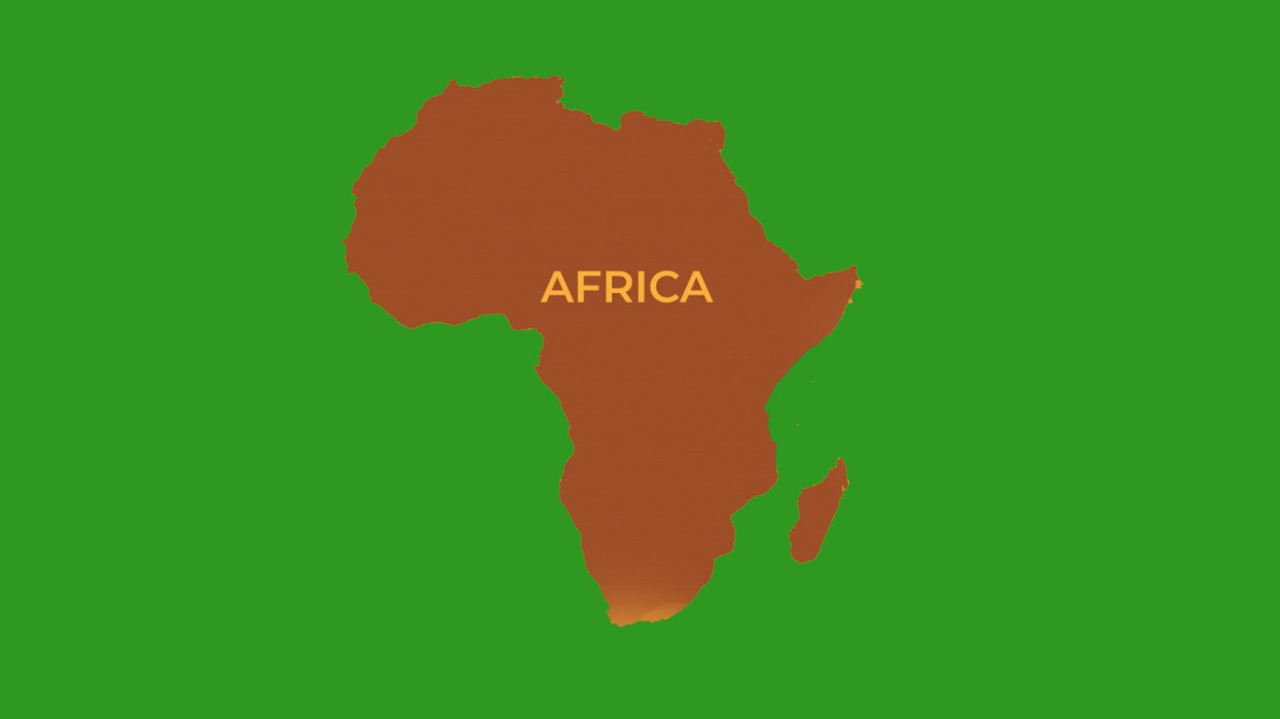Infections in Africa are rising rapidly and the country is facing an increasing economic stress owing to the subsequent lockdown curfews imposed to flatten the virus curve. There is a lot of pressure on the governments of African countries to ease the lockdown in order to revive the slowly dwindling economy.
Keeping in view the current scenario of rapidly spiking infections in Africa, the World Health Organisation warned the country that it might be heading for a massive outbreak in near future. The leader of WHO’s emergencies program Michael Ryan said, “I am very concerned right now that we are beginning to see an acceleration of [the] disease in Africa.”
Africa faces the additional issue of lack of testing in a number of areas which makes the data that has been released by the countries insufficient to be able to gauge the seriousness of the pandemic in the continent. The International Rescue Committee, which is a world humanitarian relief body, believes that the actual scale of the pandemic in Africa may be hiding behind this scanty data.
The hotspots of coronavirus infection in Africa are South Africa and Egypt as both the regions accounted for about 75% of the total number of new cases that were reported upto July. Recording the highest number of total cases and deaths, South Africa leads in the maximum number of cases in Africa as half of the cases in the continent have been reported from this region alone.
Despite having imposed stringent lockdown measures in a very early stage, South Africa remains the worst hit region in Africa. Presently the cases are still surging, but due to the economic strain most of the businesses have now reopened in South Africa as well as places of worship are also made accessible to people. But the ban on alcohol and restrictions regarding public gathering still remain.
Other regions like Nigeria, which is the most populous country in Africa, is still fraught with lack of testing. Though schools, parks, restaurants and places of public gatherings remain closed, the government has opened its buildings and places of worship for people to resume working. Travel between States has also been permitted by the Nigerian government.
The region that has remained least affected by coronavirus infection in Africa is East Africa. East African countries like Kenya, Uganda, and Tanzania have slowly removed their restrictions. Even though churches and mosques have opened in Kenya with limited capacity, schools still remain closed till 2021 and the night time curfew nationwide has also been retained. In Tanzania, most of the social activities and school have resumed since there was never an implementation of a strict lockdown in the country, owing to its political leaders trying to understate the virus and its statistics in order to maintain their status quo.
With a pressing need to revive the tourism industry and generate as well as propel economic growth, many governments in Africa have decided to lift restrictions on international travel. Countries like Tanzania, Egypt, Equatorial Guinea, Cameron, South Sudan, Zambia and Tunisia have resumed international passenger flights. Dr Matshidiso Moeti, African regional director, said, “Air travel is vital to the economic health of countries.”
WHO has asked the government to not show any laxity while allowing foreigners within the boundaries of different nations. Hand hygiene, cough etiquettes and physical distancing have to be particularly kept a check on and enforced diligently. Entry and exit screening also have to be done without any leniency.
As a result of easing the restrictions, Africa has seen an increase in the number of cases, as testified by doctor Moeti. Certain countries have still not completely let their guards down in the face of this rapid escalation of infection. Madagascar has again imposed a lock down on its capital Anantanarivo after cases of coronavirus infection increased in the region in the wake of easing of the previous restrictions. Similarly Kigali, the capital of Rwanda has also reimposed lockdown measures after a rise in the number of local infections in the region, post relaxations in the curfews.
The governments in Africa have been walking a tightrope tackling several infections such as the epidemic Ebola in the past. The continent did manage to have certain success in mitigating the deadly viruses in the bygone years, but the ill-equipped healthcare system as well as unstable economic setup of different countries is causing acute hindrance in tackling a pandemic of such a grave magnitude in today’s time.
The need of the hour is to increase access to testing and governments capacity of tracing and identifying and infections. It is also extremely important to cater to areas beyond urban centres like the semi urban and rural areas, where more and more cases come to light with every passing day.









